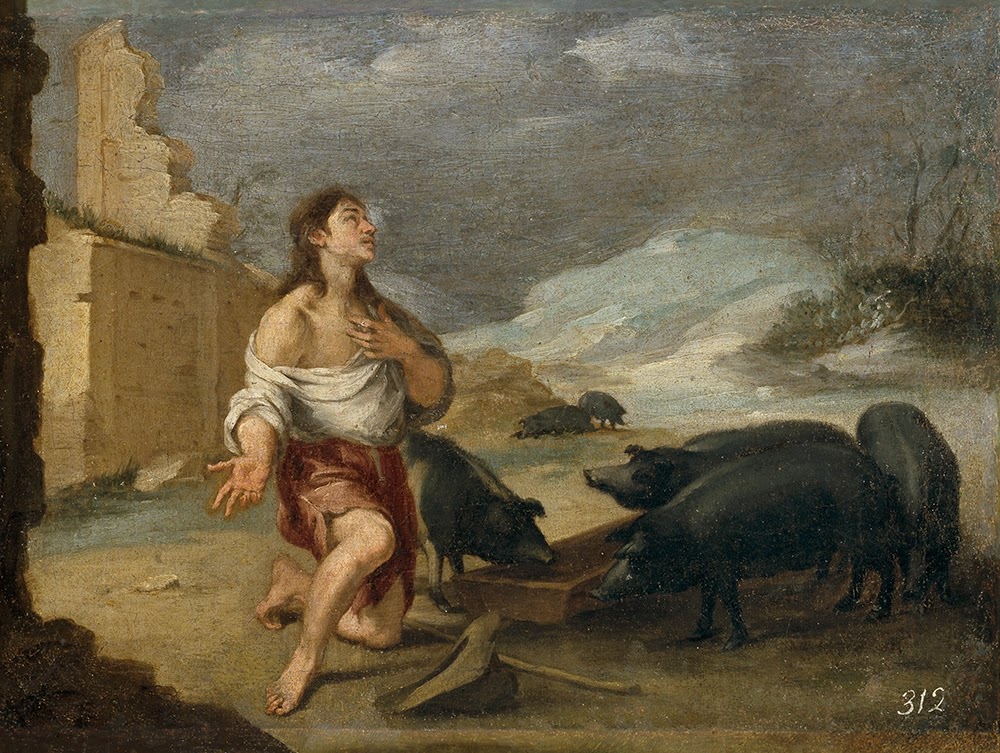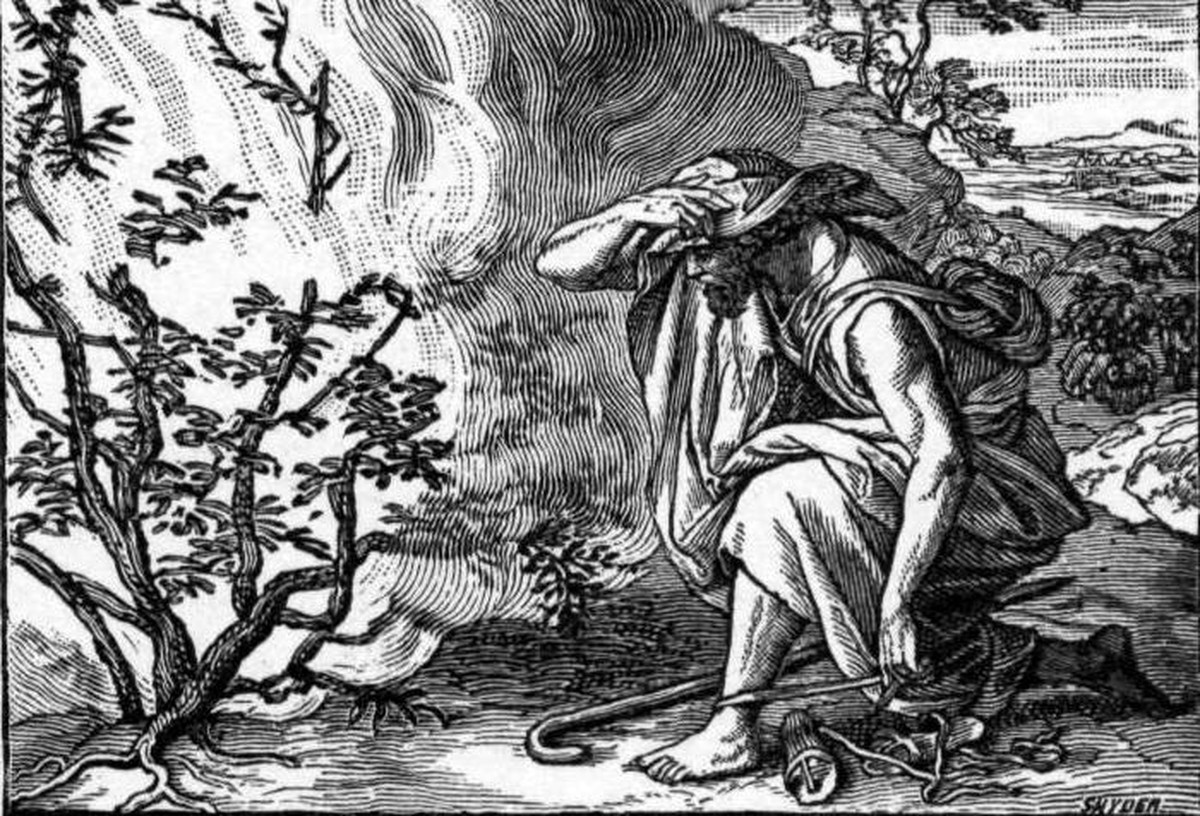4th Sunday of Lent (C)

Without a doubt, the parable we have just heard is the most famous parable Jesus ever preached – that of the Prodigal Son. It has captured hearts and inspired imaginations down the centuries, and it speaks ever so powerfully to us today. Part of what makes this parable widely compelling comes from how easy it is to see ourselves in any of its characters: the son who squanders his inheritance, the father who forgives, or the brother who resents both. As we see ourselves in the characters, we can also read particular sins into the very center of the narrative. Whatever the younger son may have done to waste what his father gave him can easily stand for our own sins or the sins of our loved ones. The sins from our own experience that we read into this parable, however, tend not to be the superficial or inconsequential ones but, on the contrary, those that are deep and damaging. We don’t compare the sin of the prodigal son to the little white lie we told when we were twelve; nor do we...


